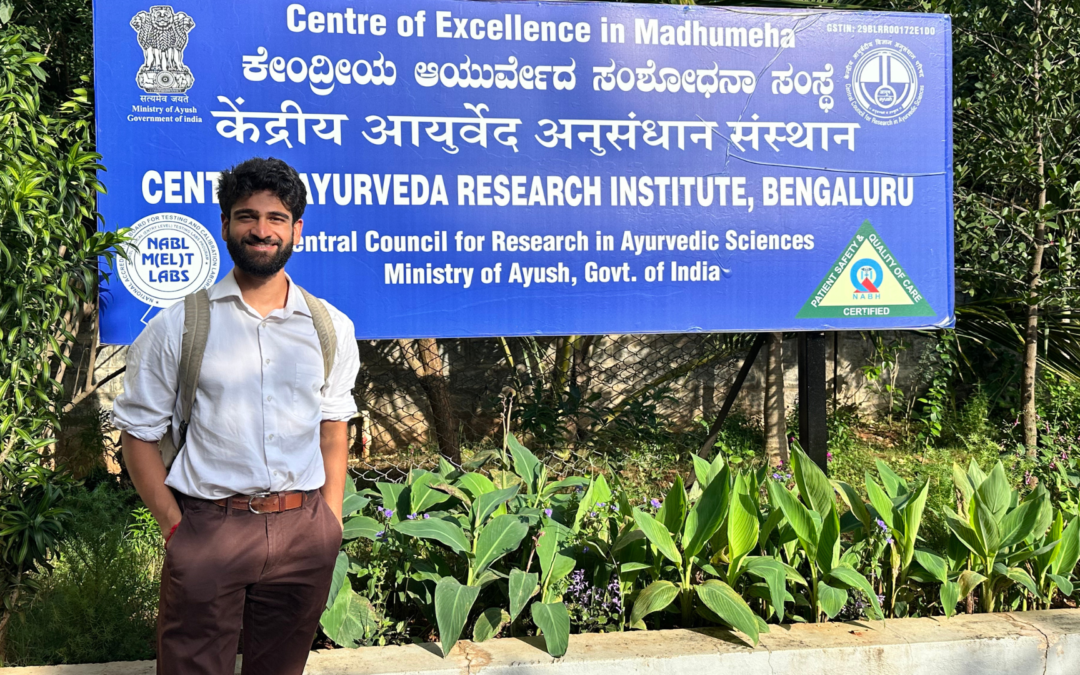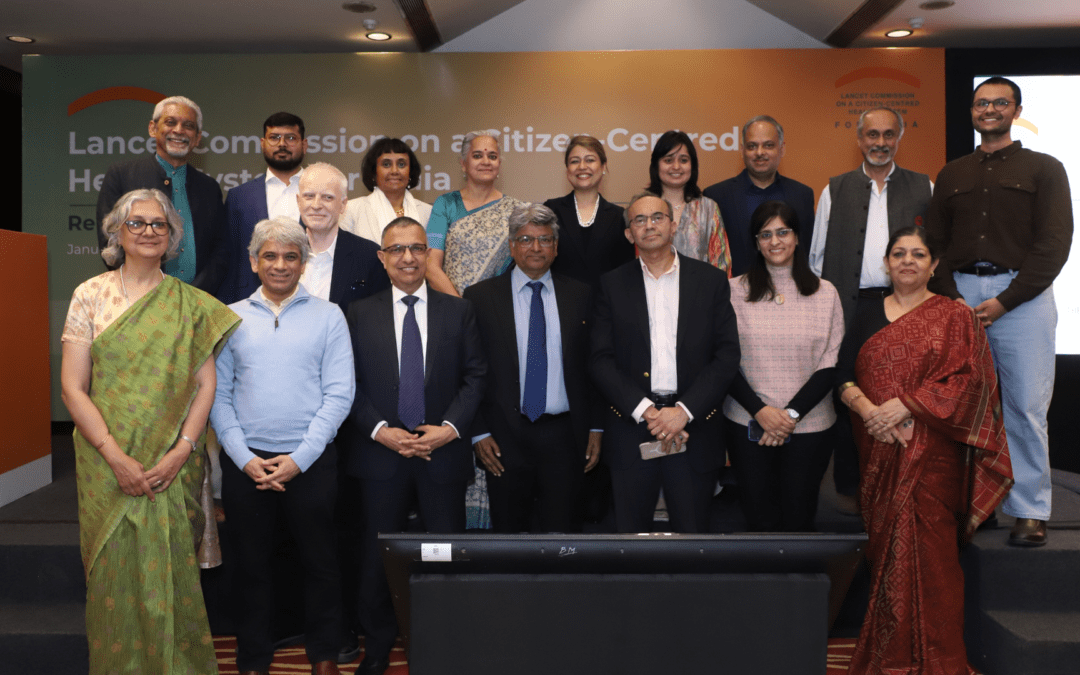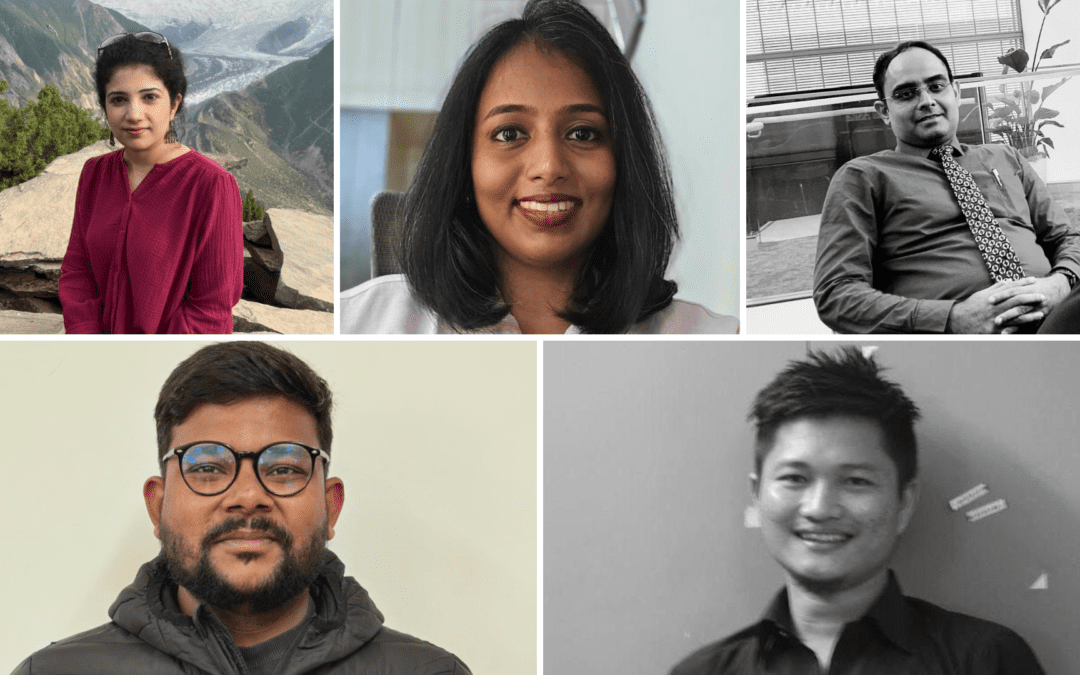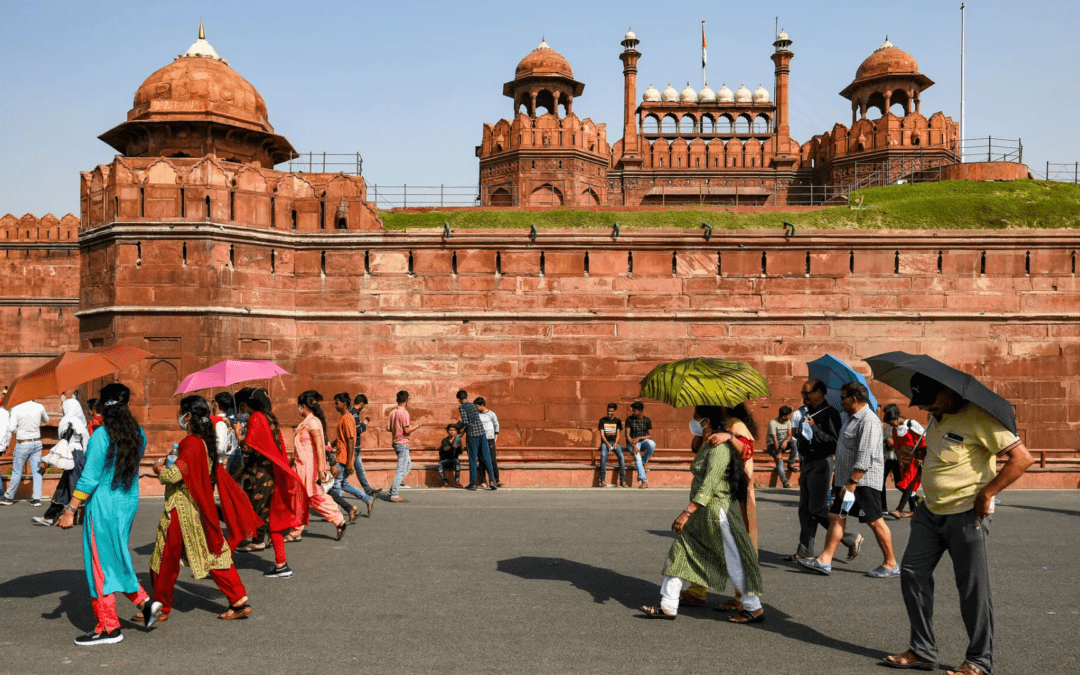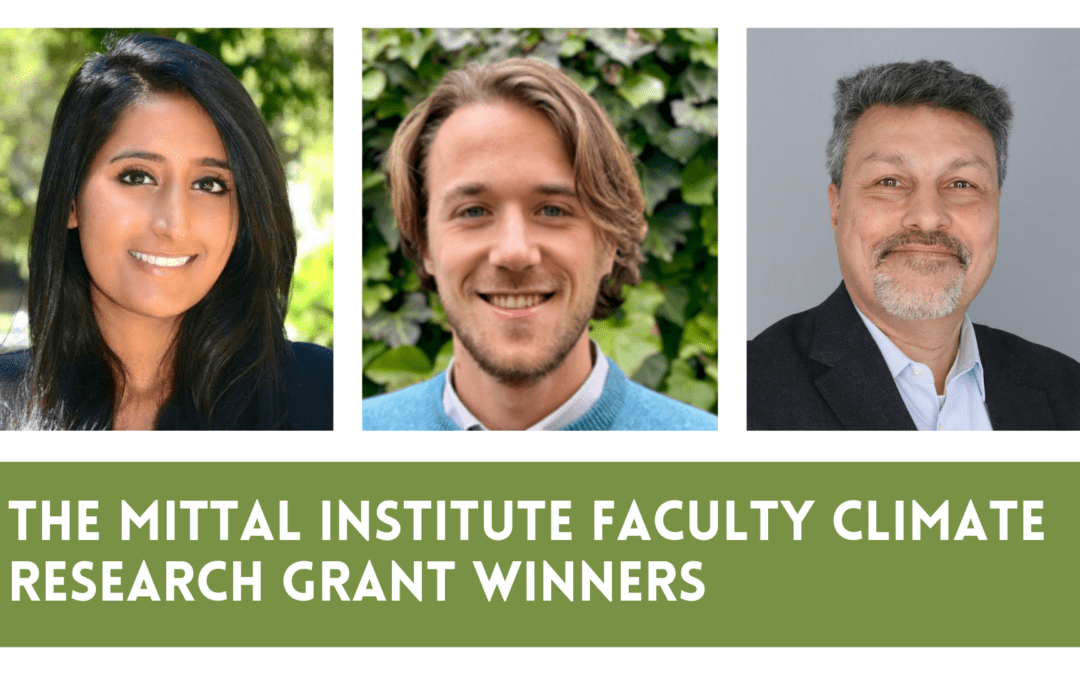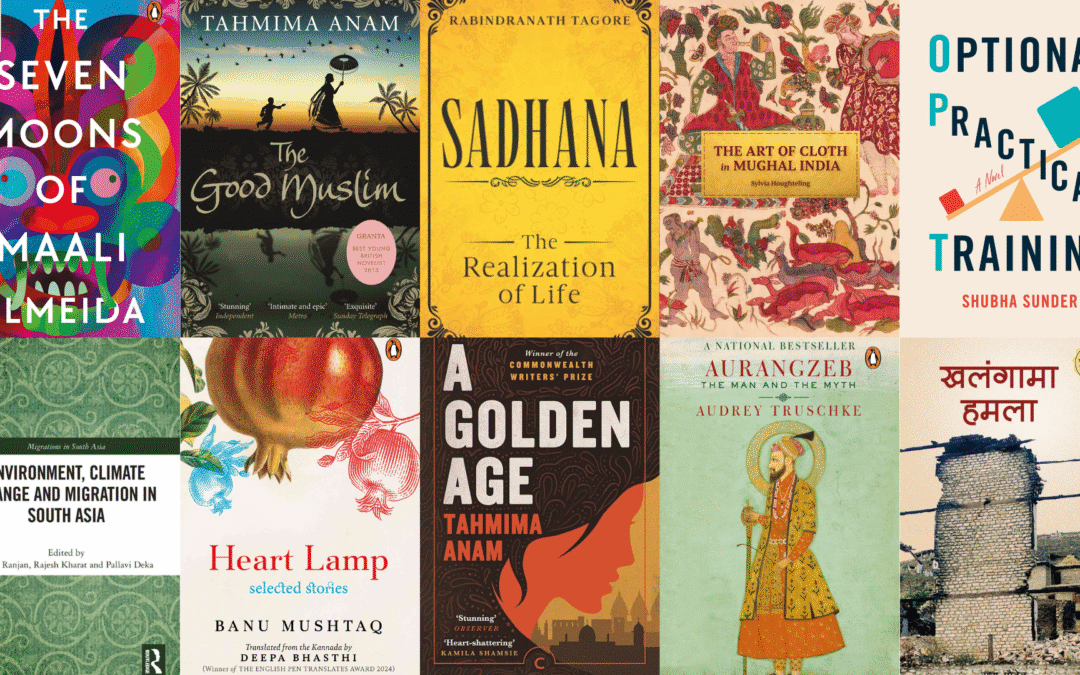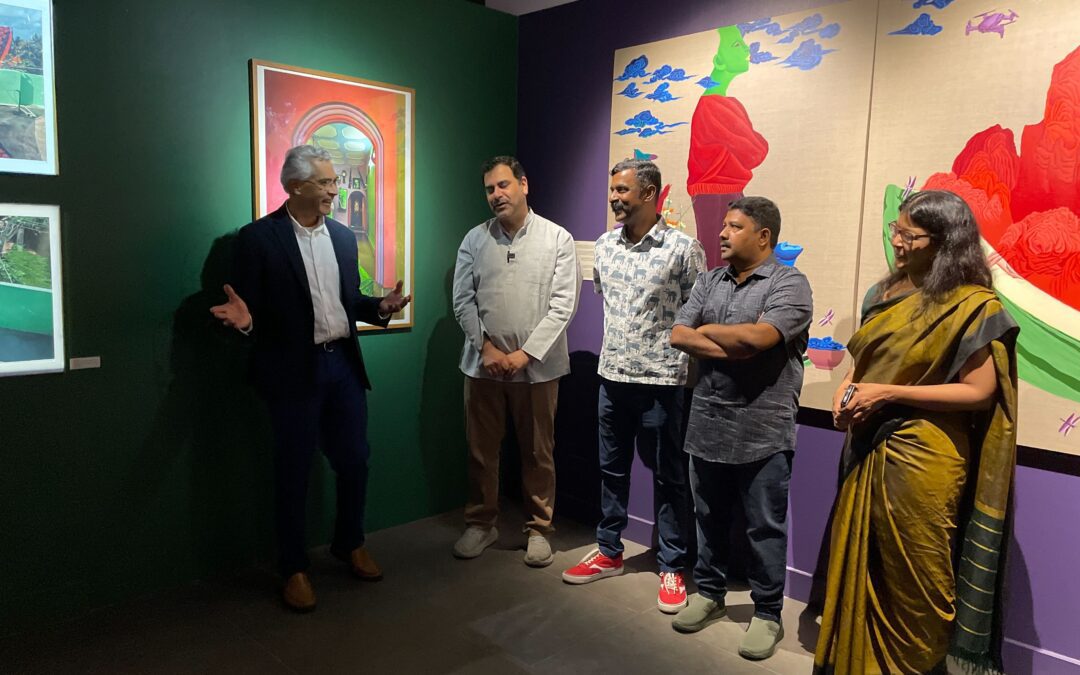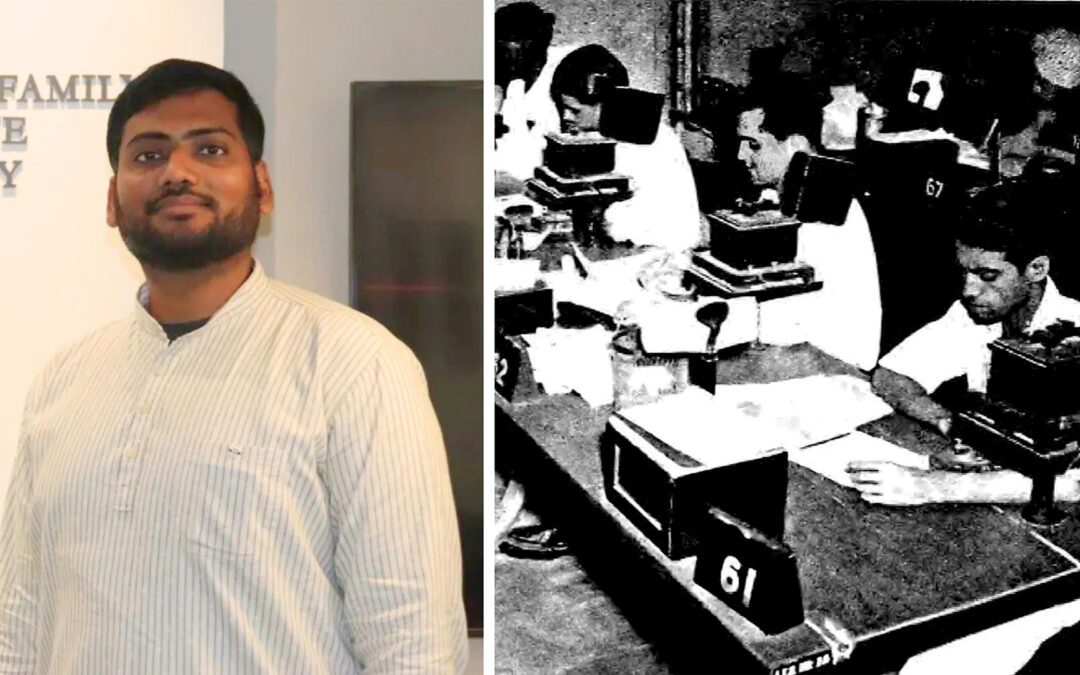Fatima Fayyaz, Syed Babar Ali Fellow, Traces Āshūrā Poetry Across South Asia and Iran
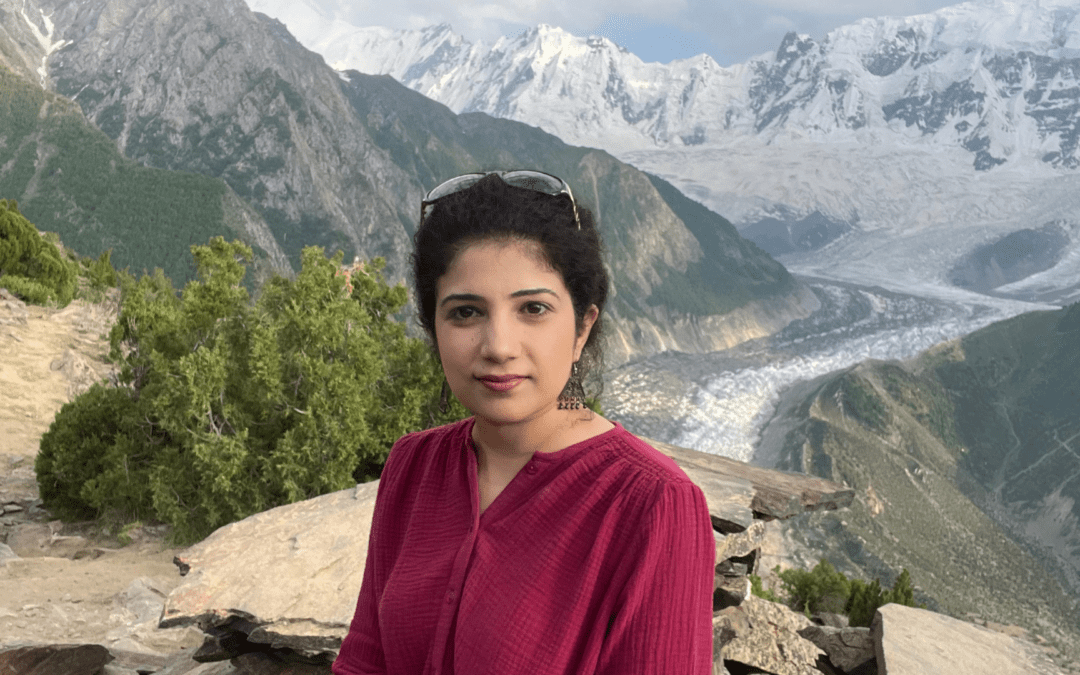
The Mittal Institute is pleased to welcome Fatima Fayyaz, who joins us this spring semester as the Syed Babar Ali Fellow. Fatima is an Assistant Professor of Comparative Literature and Creative Arts at the Lahore University of Management Sciences (LUMS). Her research focuses on Persian mystical and epic literature across Iran and the broader Persianate world, including Central Asia, Afghanistan, and South Asia. During her fellowship at the Mittal Institute, Fatima will undertake a comparative study of āshūrā poetry in Urdu and Persian, tracing its development from the 16th century onward in South Asia and Iran. We spoke with Fatima to learn more about her research and the focus of her fellowship.

